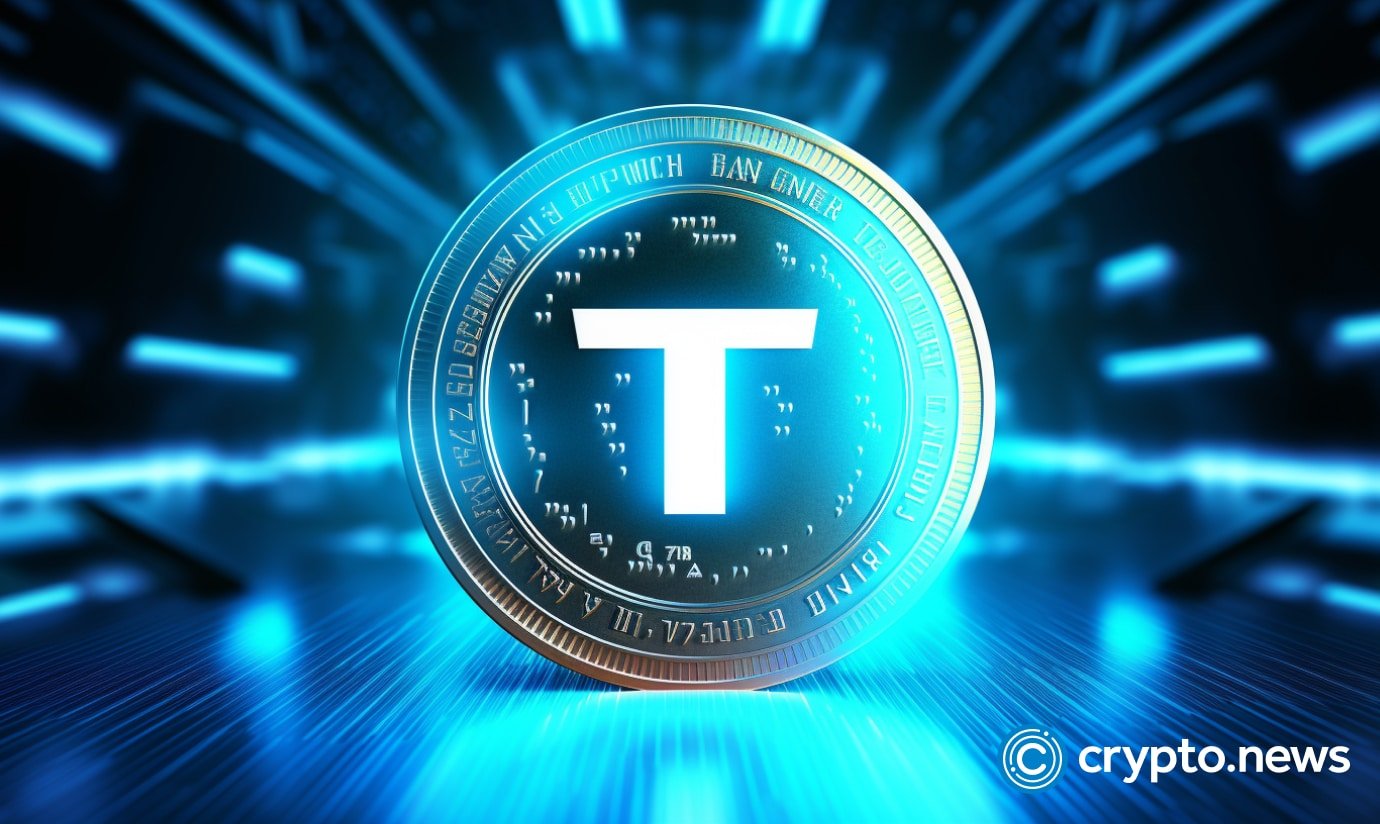USDT soars to record market cap of $100 billion amid crypto market recovery

Leading stablecoin issuer Tether’s USDT recently achieved a significant milestone by reaching an all-time high market capitalization of $100 billion.
This development marks a 9% growth since the beginning of the year, significantly widening its lead over its closest competitor, USD Coin (USDC), issued by Circle. As of March 4, Tether’s market capitalization momentarily hit the $100 billion mark, per data from CoinGecko.
Comparatively, Tether’s market capitalization is more than $71 billion ahead of USDC, establishing its dominance in the stablecoin sector. This places Tether in a similar market cap range as major corporations such as the British oil and gas company BP and the e-commerce platform Shopify.
Tether operates on 14 different blockchains and protocols and is the third-largest cryptocurrency by market cap, trailing only behind Ether. It has become a pivotal option for traders seeking a stable asset amidst the volatile crypto market. Tether’s issuer claims each USDT token is backed 1:1 with reserves, predominantly consisting of yield-bearing U.S. Treasury Bills (T-Bills). In the last quarter of 2023, Tether reported a record quarterly profit of $2.85 billion, with $1 billion derived from its T-Bills investments.
The entire stablecoin sector has experienced significant growth, with a $3.26 billion increase in market cap over the past eight days of the report, bringing its total to $144.08 billion. This growth reflects a 2.31% increase, with Tether, USDC, DAI, and FDUSD among the stablecoins seeing notable expansions in supply.
The broader cryptocurrency market has also shown signs of recovery, with the total market cap exceeding $2 trillion in the last month. This resurgence is further highlighted by Bitcoin’s 50% surge in price, reaching two-year highs.
Amid these developments, a lawsuit has emerged involving the cryptocurrency trading platform FTX and its alleged misuse of Tether (USDT) in a profit-making scheme. The lawsuit, filed in a Florida court, implicates FTX and its sister firm, Alameda Research, in creating and selling USDT for profit through an unofficial credit line with Deltec Bank & Trust Ltd. without initially funding the purchases.
The complaint also accuses Deltec of facilitating the misappropriation of customer funds by FTX and Alameda Research. Despite these allegations, Tether has not been named as a defendant in the lawsuit. Lawyers for the victims have provided extensive evidence, including thousands of pages of communications, to support their case against FTX and its affiliates.

















